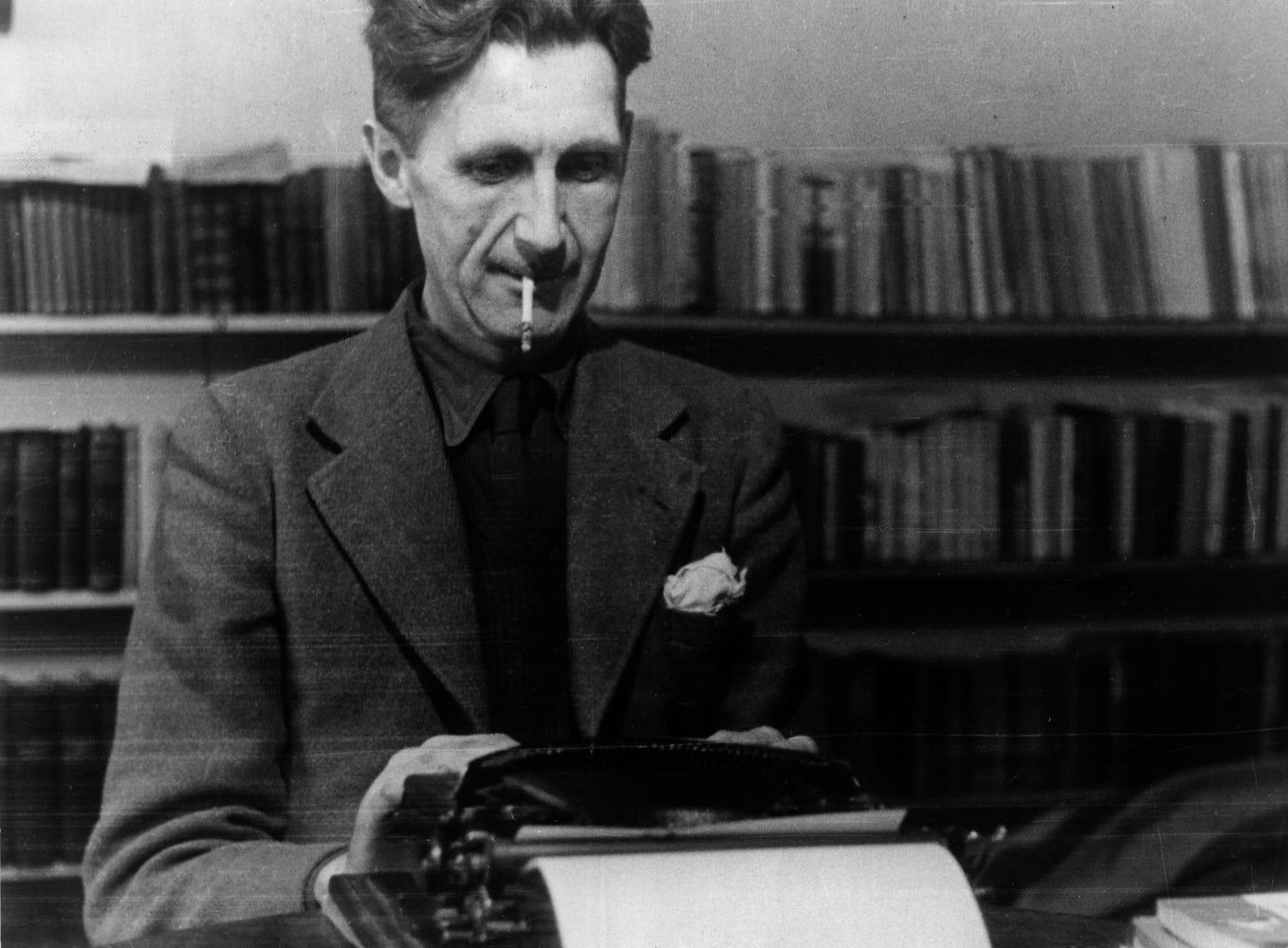The past year I took a break from writing my thoughts on Substack, and from social media in general. This was done partly to focus more on family, work, fitness, etc, but it was also due in part to a general lack of motivation. After the COVID hysteria died down, and enough data became available to draw my own conclusions about the whole situation, I wasn’t sure what else I could contribute to the Substack community without becoming a news ticker or resorting to eloquent grumbling. There is a plethora of respectable news tickers and eloquent grumblers on this site, much more talented and entertaining than I, and there was little initiative for me to enter the fray.
Lately, however, I have been pondering some topics that have that have rekindled my motivation to resume writing. They are largely historical in nature, and my interest in them is primarily related to answering the "how we got here" question. But it is not merely curiosity in the "how we got here" that stirs me, but also consideration of the "What should we do?"
The corrupt holders of power in our day intuitively understand how the historical narrative further enhances their control and influence over the populace. In order for us to pave the way forward into a brighter future, it is requisite to have a clear understanding of the past.
Who controls the past, controls the future.
- George Orwell, 1984
There are three great misconceptions that are widespread in the modern Western zeitgeist, and are foundational pieces of the dominant liberal ideology of the West. These misconceptions relate to the Middle Ages, the Industrial Revolution, and the "just" modern wars. I am by no means a professional historian, but I hope that by gaining a greater understanding of these times in history, and compiling my thoughts here, I can shed some light on the past in the hopes of conjuring up positive suggestions for the future.
This appears to me to be a much more productive approach than becoming a tributary to the endless stream of online complaining. There is already plenty of fretting and hand-wringing online, and it often only results in people futilely wondering aloud, "But what do we dooooo...?"
Despite all that is wrong with the world, life can still be incredibly fulfilling and beautiful, and incessantly worrying about the things over which we have little control is not very edifying nor helpful.
Being aware of all that is wrong with the world is certainly useful, and that naturally leads to some concern, but our concerns should encourage us to focus on what we can change, rather than fret over what we can't.
My ultimate goal with this new direction is to bring some level of awareness about "how we got here", which hopefully will translate into an effective answer to the question, "What should we do?" I'll try not to be sterile and wordy, but when writing on historical matters, it is quite easy to end up with 4,000 words addressing the various attributes and nuances of a given topic. Just be aware that there may be some long reads in the pipeline.
I look forward to this new chapter of New Horizons, and I hope that I can yet provide my modest readership with some useful insights and uplifting inspiration.




